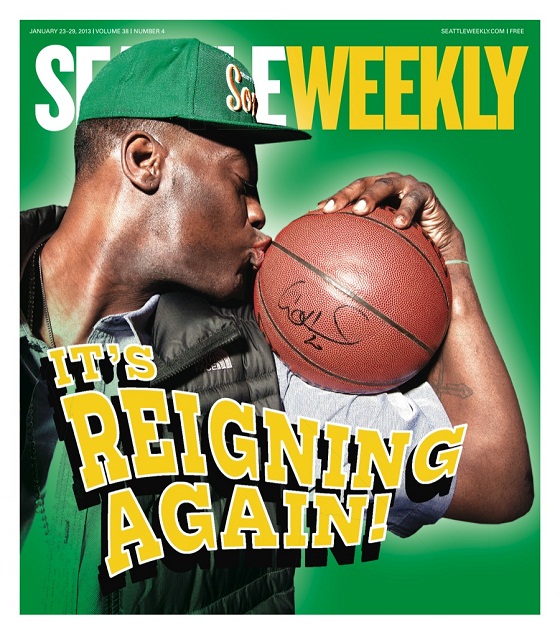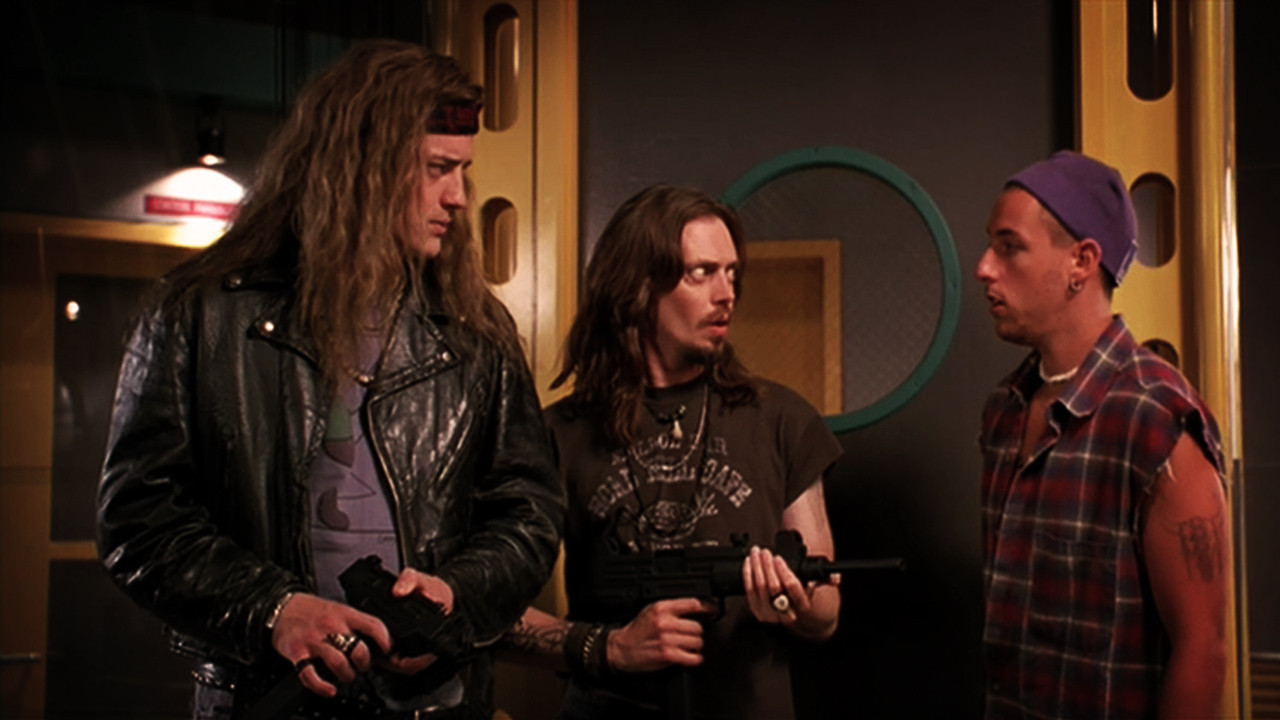As described to me by Sonic Boom co-owner Jason Hughes, “Dead Men Records” are the records left by a certain generation of men, whose next of kin are trying to make room in the garage.Over at his Capitol Hill shop yesterday, Hughes told me that when he gets calls about vinyl collections for sale, he makes sure to get a suss out a few of the albums in the stack before he goes looking at them. You know they’re Dead Men Records, Hughes says, when they say, “Liberace, Paul Anka, Englebert Humperdinck etc. Basically when the coolest record in the collection is a mediocre Sinatra LP. It’s a little brutal, but you know those collections when you see them.”OK, so what happens to all those Dead Men Records? Is anyone buying used copies of “I Am Barbara?” Don’t the people who want to hear that Chuck Mangione record already own it? Actually, they appear to move somehow.I called Richard Bray, a spokesperson at the St. Vincent DePaul Society, and asked him what happens to the Liberace records that collect dust on their shelves. I assumed he would say something like, “Oh, well, after six months, we chuck everything that hasn’t moved at all.” In fact, there is no massive bloodletting of Dead Men Records at their presumed last home. And Bray says records are marked down until they reach a point where they get picked up.”The goal is to move things along,” Bray says, “so any kind of an item, whether it’s an item or a piece of clothing reaches a price where it does move.”That’s right. According to Bray, there are people who take home the Streisand/Gibb record, Guilty. However, Bray notes that since they inherited 200,000 records from Bop Street, they may face a day when they have to find another way of dealing with all those Lawrence Welk records that don’t move.”Obviously,” he says, “we haven’t had the volume of records before.”
More Stories From This Author
Capitol Hill Block Party Artist Panel Series 2019
The Capitol Hill Block Party Artist Panel Series 2019 is free (no festival wristband required), all-ages, and takes place from…
By
Seattle Weekly • July 9, 2019 11:10 am
Golden Idols will release new EP
Seattle quartet returns with ‘Uneasy’
By
Seattle Weekly • June 24, 2019 5:30 pm
Travis Thompson, Wolf Parade headline Fisherman’s Village fest
The Everett Music Initiative festival, May 16-18 in Everett, will showcase more than 50 acts.
By
Evan Thompson • March 18, 2019 12:00 pm







